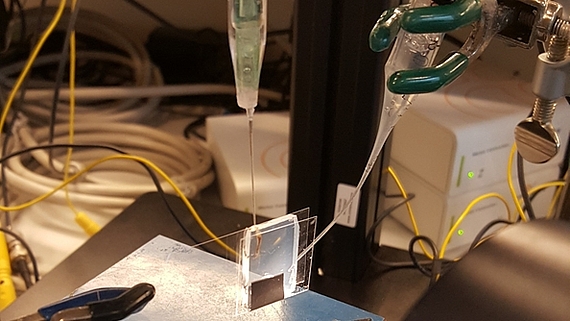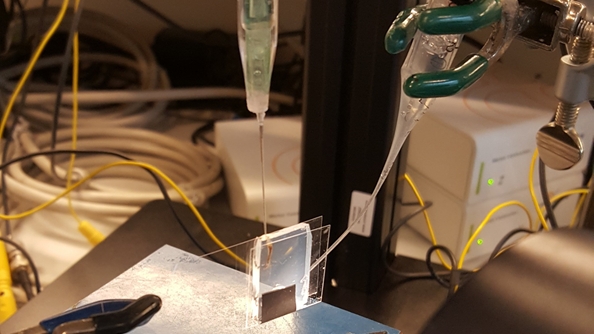Dr. Linda Hink
30419 Hannover
Research project
Effect of microplastic on the gut microbiota associated with soil invertebrates
Slowly degrading microplastic is a gradually increasing pollutant in various ecosystems. Ubiquitous microplastic may enter food webs via unintentional ingestion by soil invertebrates, but the consequences are not well known. My research aims to elucidate the potential effects on the gut microbiome that could lead to changes of the nutrient supply of the host and therefore may affect its fitness. In focus are model soil-dwelling invertebrates such as redworms (Eisenia fetida) and common rough woodlice (Porcellio scaber) exposed to food containing common biodegradable (e.g., PCL, PLA) and non-biodegradable (e.g., PE, PET, PS) microplastic polymers. Potential fermentation and hydrogen formation are investigated using analytical methods comprising gas chromatography, ion chromatography mass spectrometry and microsensor measurements. Functionally active taxa are identified using metatranscriptome analysis. Changes in the gut microbial community and transcriptional activity are assessed through quantitative polymerase chain reaction and amplicon high throughput sequencing of genes and transcripts of the 16S rRNA and other marker genes.





